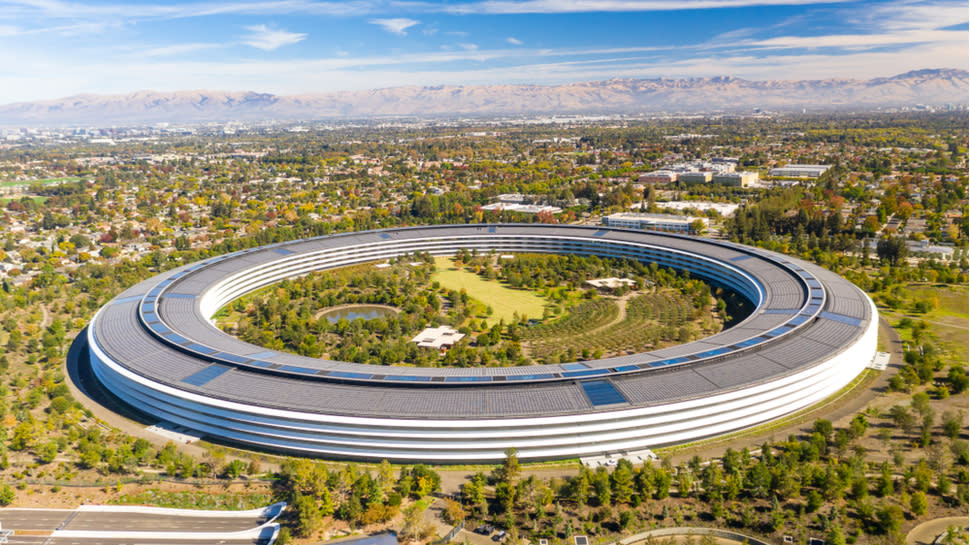Apple doesn't want its employees to use ChatGPT in case they blab company secrets

Amid rumors that Apple may be working on its own generative AI, the iPhone maker is reportedly restricting how its staff uses chatbots and AI writers like ChatGPT, Bard, and GitHub Copilot over fears of leaking sensitive data.
Text-based information, such as meetings, notes, and documents, as well as code used to develop software such as iOS, are considered to be highly guarded, thus ending up in the wrong hands could be catastrophic for the company.
Of course, it comes as no surprise that the secretive company has reportedly limited such technologies, given the non-disclosure agreements and other measures in place to keep information under locks.
Apple employees must not use ChatGPT
It’s unclear whether the company has issued an outright ban on generative AI or whether it has imposed certain limitations such as those set out by rival phone maker, Samsung, which uses a character count to prevent workers from disclosing too much information.
Read more
> These are the best online collaboration tools
> Samsung bans ChatGPT use after employee leak
> Is ChatGPT becoming a serious security risk for your business?
OpenAI, the company behind ChatGPT, says: “As part of our commitment to safe and responsible AI, we review conversations to improve our systems and to ensure the content complies with our policies and safety requirements.”
It also uses conversations for training purposes, thus they are seen by staff on occasion who may be exposed to Apple insider secrets should they be used as prompts.
Rumors have also been spreading in recent weeks of Apple tinkering with its own generative AI and LLM, though many of those suggest that the company is not likely to create its own rival to ChatGPT. Instead, technical improvements could lay the foundation for a better Siri, which has been left in the dust by rivals from Google and Amazon.
TechRadar Pro has asked Apple to confirm any restrictions imposed against generative AI, but the company did not immediately respond.
Check out the best endpoint protection software for a security boost

